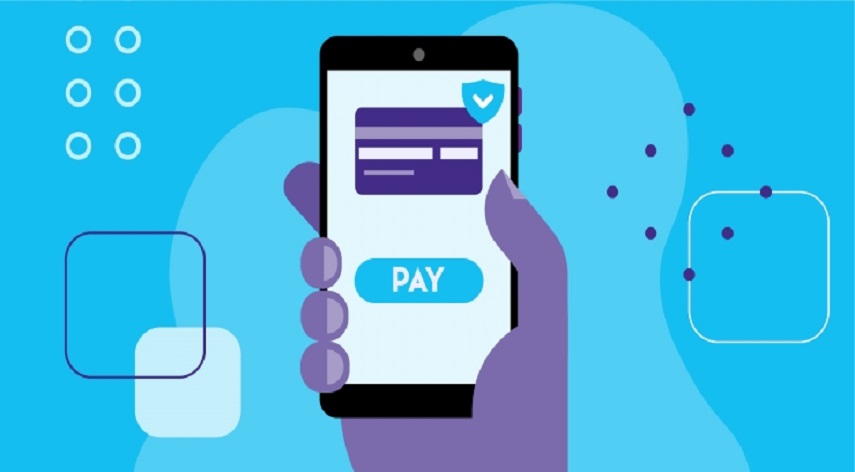HIPAA Compliant Payment Methods for Your Business

What is HIPAA compliance and why is it important for healthcare providers and patients alike?
The Health Insurance Portability and Accountability Act (HIPAA) is a set of federal regulations that govern the privacy and security of protected health information (PHI). PHI is any information related to a person’s physical or mental health that can be used to identify them. This includes things like patient records, lab results, and X-rays. HIPAA compliance is the process of ensuring that all PHI is handled in accordance with these regulations. Healthcare providers who are HIPAA-compliant must take steps to protect PHI from unauthorized access, use, or disclosure. They must also ensure that patients have the opportunity to give their consent before their PHI is shared. Patients benefit from HIPAA compliance because it helps to ensure that their health information remains private and secure. When choosing a healthcare provider, it is important to ensure that they comply with HIPAA regulations.
How do different payment methods help or hinder HIPAA compliance efforts by healthcare providers and patients alike?
One of the key provisions of HIPAA is the requirement that healthcare providers and other covered entities use only approved methods of payment, such as credit cards or debit cards when handling patient health information. This provision helps to ensure that patient health information is not put at risk by being stored in an unsecured manner.
However, not all payment methods are created equal when it comes to HIPAA compliance. For example, while credit and debit cards are compliant with HIPAA requirements, checks are not. This is because checks can potentially contain PHI, or protected health information. As a result, healthcare providers and other covered entities must take care to use only approved payment methods when handling patient health information. Failure to do so could put them at risk of violating HIPAA rules.
Examples of how different payment methods can be used to improve HIPAA compliance in both the provider and patient realms.
Many different payment methods can be used to improve HIPAA compliance in both the provider and patient realms. For example, many healthcare providers now offer online bill pay options that allow patients to view and pay their bills online. This can help to reduce the risk of identity theft and protect patients’ financial information. In addition, some providers now offer mobile payment options that allow patients to pay their bills using their smartphones. This can help to improve HIPAA compliance by reducing the risk of data breaches and unauthorized access to patient information. Finally, many healthcare providers now offer electronic health records (EHRs). EHRs can help to improve HIPAA compliance by providing a secure way to store and share patient information.
The importance of open communication between healthcare providers and patients when it comes to HIPAA compliance and payment methods.
HIPAA compliance is also important when it comes to billing and payments. When patients provide their credit card information or other financial data to their healthcare provider, they expect that this information will be kept secure. Healthcare providers must take measures to protect patient data from unauthorized access, use, or disclosure. Open communication between healthcare providers and patients is essential to ensure that both parties are aware of and adhere to HIPAA compliance requirements. By working together, healthcare providers and patients can help keep patient medical information private.
While there are many payment processing options available to businesses, it is important to find a provider that meets the security and compliance requirements of HIPAA. By taking the time to research your options and partnering with a reputable payment processing company, you can ensure that your patients’ data remains safe and secure.
Alfred Williams, a distinguished business writer, navigates the corporate landscape with finesse. His articles offer invaluable insights into the dynamic world of business. Alfred's expertise shines, providing readers with a trustworthy guide through the complexities of modern commerce.
Recommended For You
Spread the loveIn the ever-expanding digital landscape, online trading platforms have become a staple for savvy consumers looking to explore
Spread the loveDo you find tax season overwhelming? You’re not alone. But don’t worry; our article on tax checklist essentials has you
Spread the loveNavigating the world of document signing and validation can be perplexing. This is especially true when it comes



